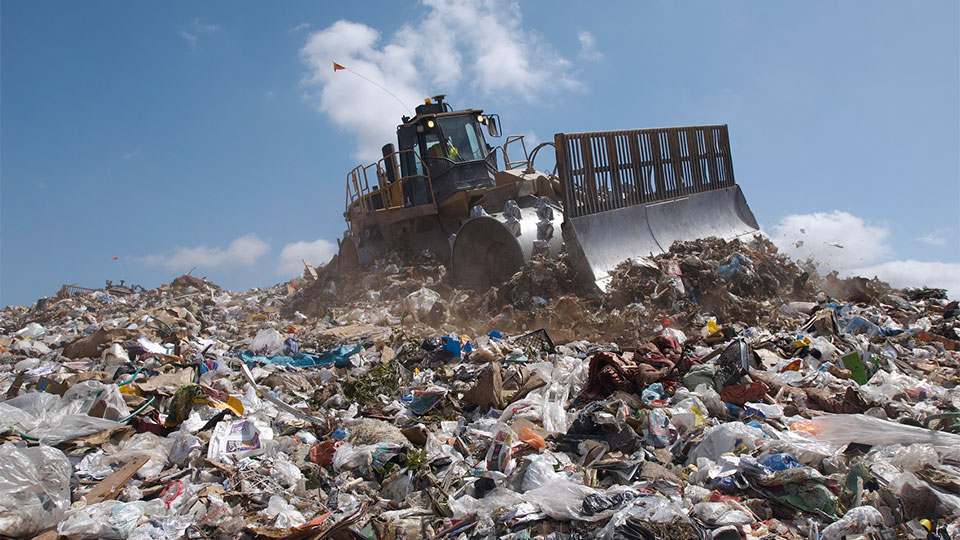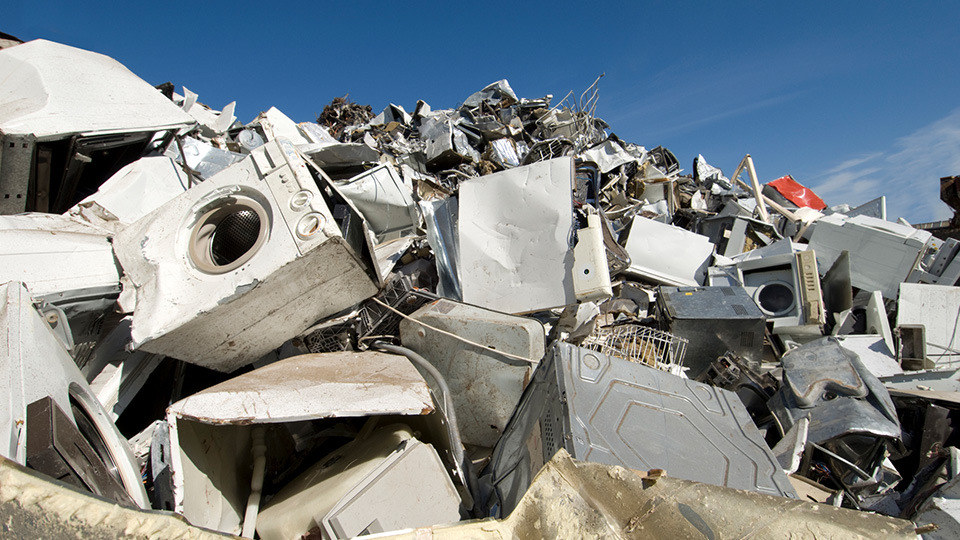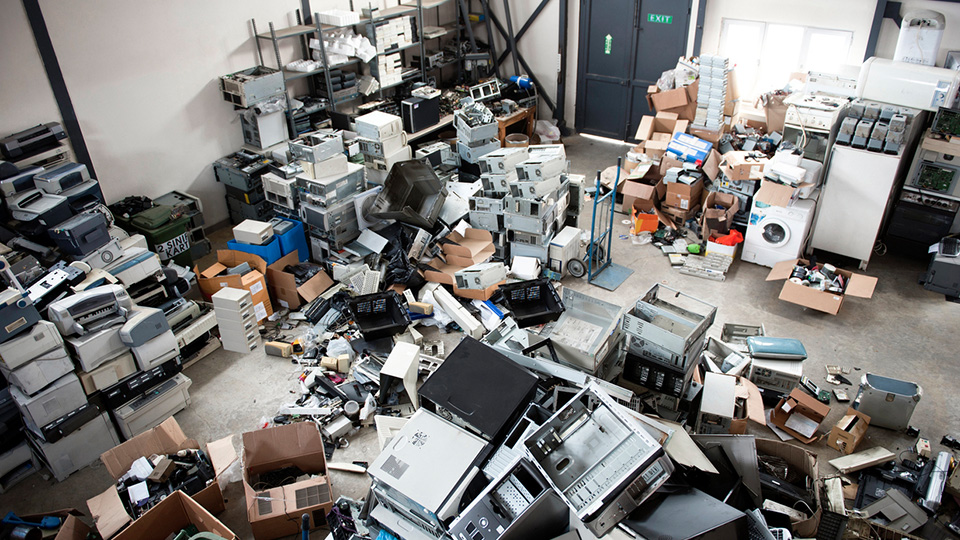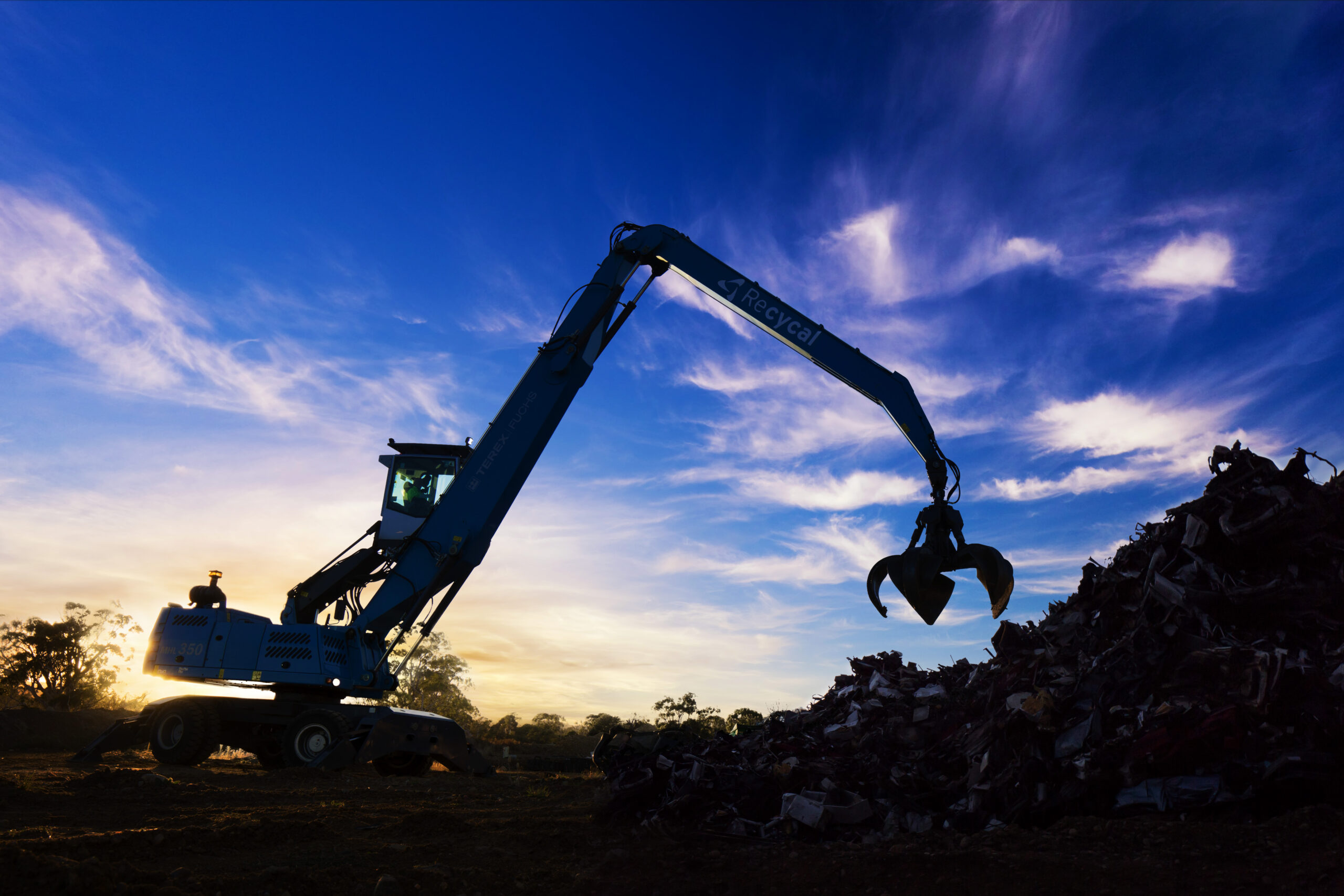Disposal of Vapes into landfill continues to be a problem. Import figures reveal that over 90 million vapes are coming into the country each year. Moreover, one million vapes are going into landfill each week. The problem is escalating, despite legislation passed late last year.
From January 1st import of single use disposable nicotine vapes was banned. Furthermore, on March 1st, a ban on all other vapes followed, unless the importer had a licence and a permit. Sadly marketing of non-nicotine vapes has continued. A total ban is being debated with exceptions for those available at a pharmacy. This exception will embrace people holding a valid prescription from a licensed medical practitioner. As well as that some individuals and associations are advocating their sale at supermarkets and tobacconists.
Indeed, an increase in fires caused by lithium batteries, such as those found in vapes, continue to cause concerns across the country. Clearly, these fires are bringing the methods of disposal of vapes into focus. Importantly on-demand service ‘RecycleSmart’ is working with recyclers and consumers in conjunction with Eco e-waste, part of the Ecocycle group of recycling companies, on a sustainable solution.
Reducing the risk
Recovering nicotine liquids from used vapes is currently not commercially practical. As a result, Eco e-waste use carbon filtration in a pre-distillation process to destroy the harmful byproducts in the vapes, including nicotine liquids. By destroying the by-products, we are reducing the risk of serious contamination problems in the environment.
Many people are disposing of their vapes into B-Cycle accredited battery collection kiosks, whilst others are doing it through a council collection system. Nevertheless, too many are just going into landfill with the inherent potential problem of fires and contamination.
Need for a properly funded scheme
Zoltan Sekula from Eco e-waste believes that a properly funded scheme is needed. “Obviously, you can’t expect the current structure to absorb the costs when the waste is created by the vapes industry”. “The B-cycle system is already struggling to meet public demand.”
Whilst consideration has been given to extending the voluntary B-cycle battery recycling program, new funding is required to include vapes. The current system is already overloaded with the demands of battery recycling. Sadly, the recent National Battery Strategy paper released in May does not mention vapes.
The ‘No More Butts’ organisation has been extremely vocal on the need for more government funding. Acknowledging the problem, the organisation has recommended several possible solutions. These include a share of tobacco excise and duties. Importantly, initiatives such as the need for the implementation of a return scheme (including a levy), with drop off points at all pharmacists nationwide. The latter will become vital if the new legislation is passed.
Obviously, Zoltan believes the time for action is now as to delay will create more problems and costs down the road.
Eco e-waste is part of the Ecocycle group of companies that specializes in downstream processing and state of the art recycling with capabilities to recycle metal, batteries, mercury and plastic.





